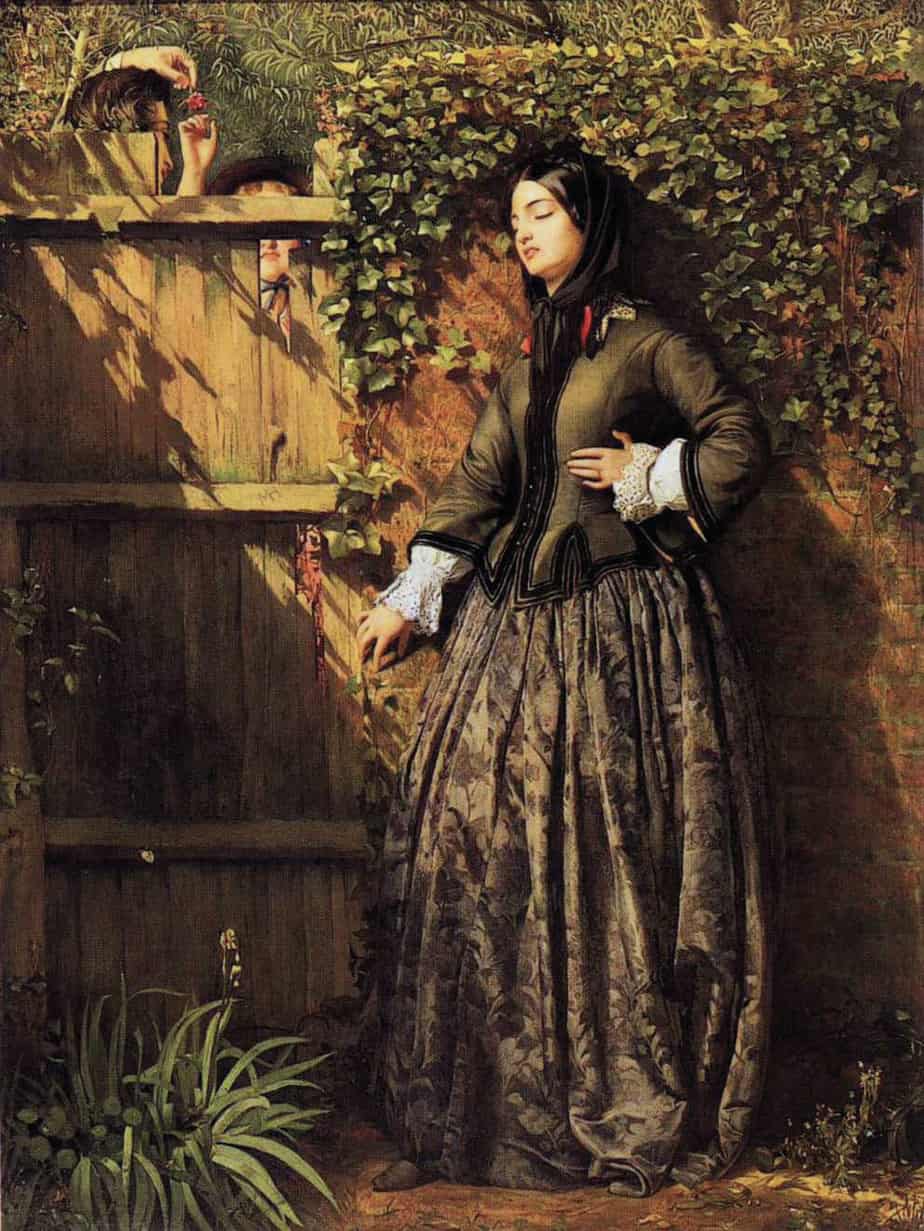-
When You Reach Me by Rebecca Stead Novel Study
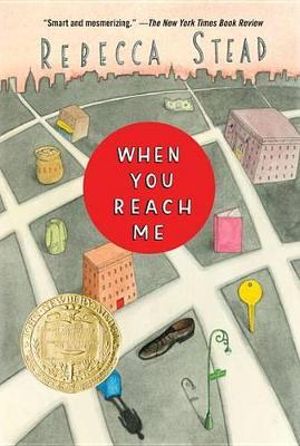
When You Reach Me by Rebecca Stead is ten years old now, published 2009. I’ve seen this middle grade novel described as magical realism, though for knotty political reasons we might prefer to call it fabulism. It is also science fiction and grounded in the real world. It packs a lot into 40k words. There […]
-
If I Loved You by Robin Black Short Story Analysis
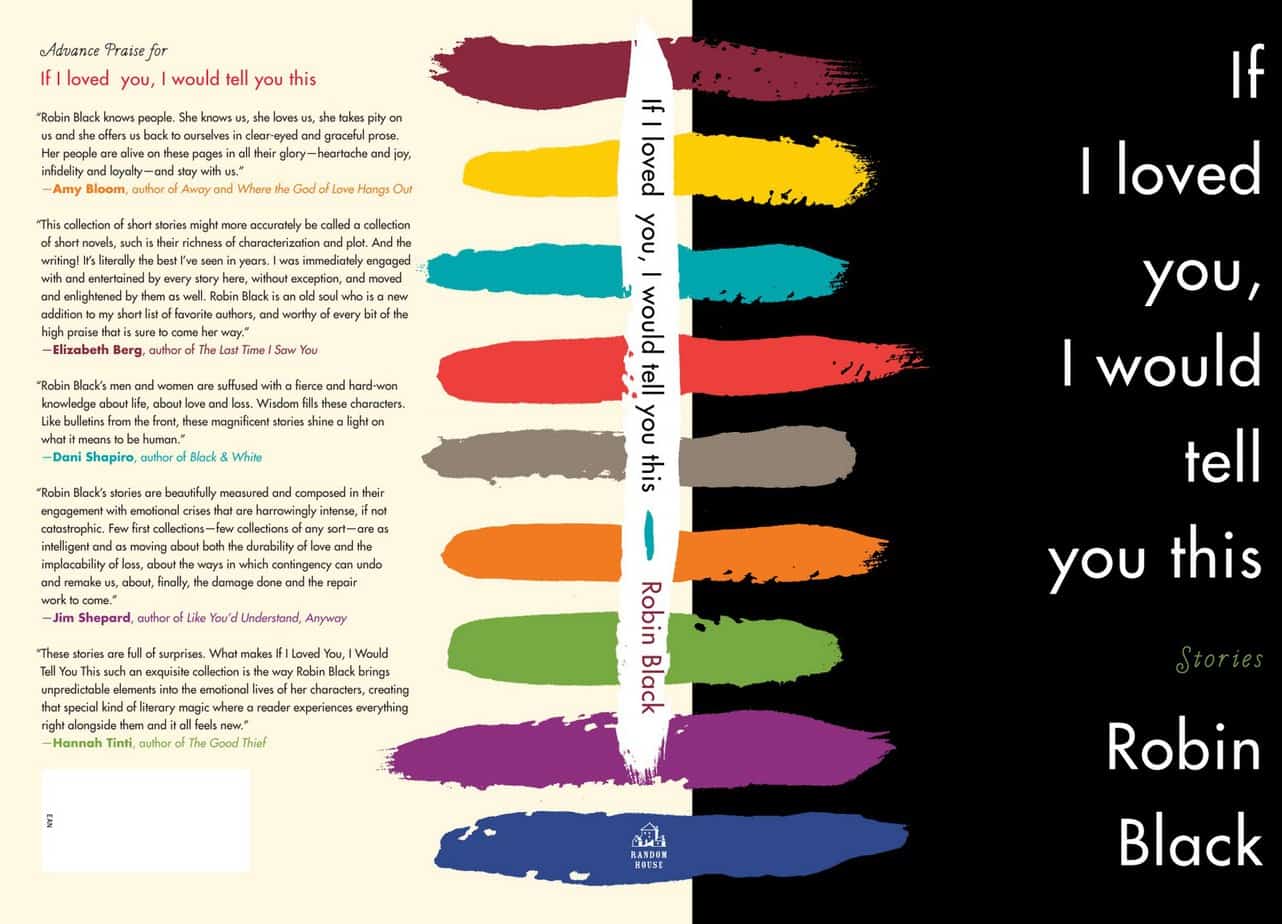
“If I Loved You” is a short story from a collection called If I Loved You, I Would Tell You This (2010), written by American author Robin Black. A woman dying of cancer writes an imaginary letter to her new neighbour, who has uncharitably built a fence along their boundary line. This fence prevents her […]
-
Avoiding the word ‘crazy’

We are at a point now where ableist language is considered just that. Children’s book editors are editing it out. Yet some words, for instance ‘crazy’, are so frequent in everyday English it may seem ‘unnatural’ to leave it out.
-
Insults and Swearing In Children’s Literature
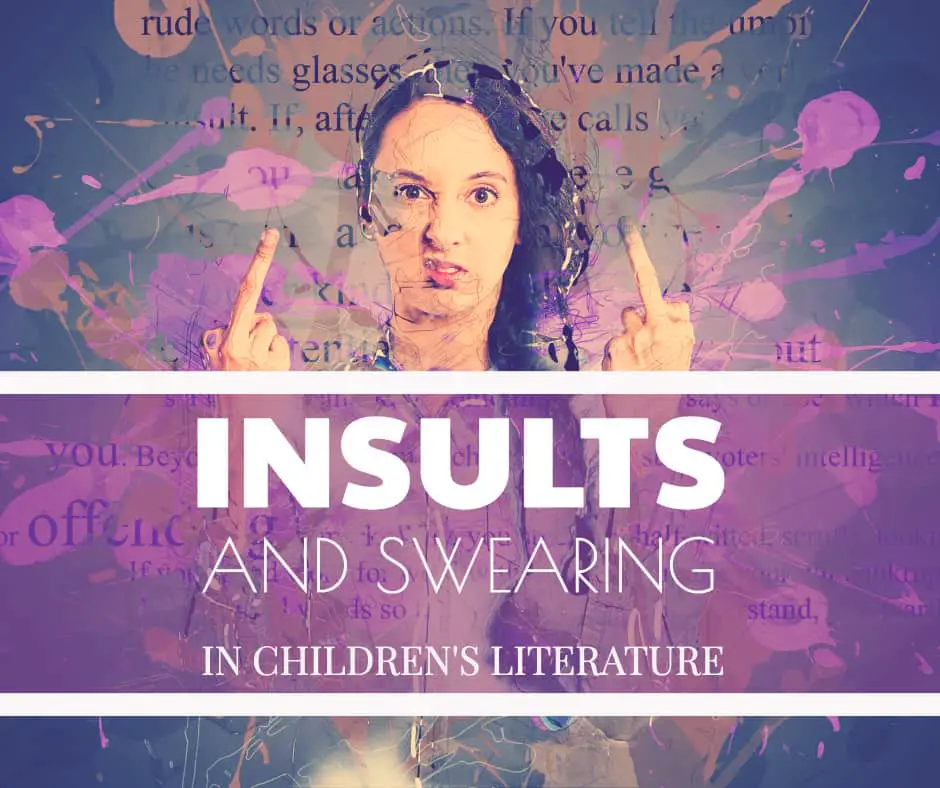
Sticks and stones can break our bones, but words can break our hearts. Tim Minchin A quandary for writers of middle grade fiction in particular: By about age ten, regular kids have heard all the insults out there. They may hear far more insulting language than adults do on a daily basis. (Did you get […]
-
Hotels and Motels In Stories
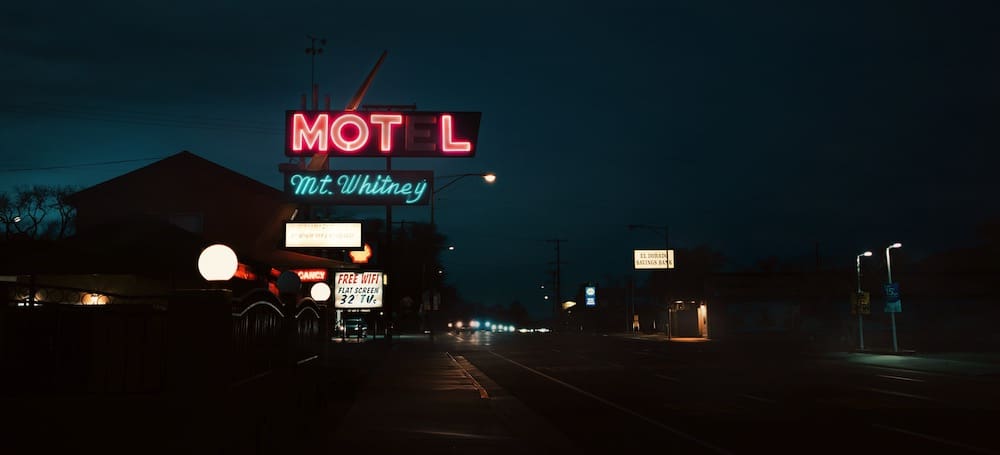
Hotels and motels, it seems, are inherently scary. My theory is that they fall into the uncanny valley of attempting to emulate home without actually being our home. Hotels and motels mimic the dream version of home, like when you ‘know’ within a dream that you’re ‘at home’, but the dream home is nothing like […]
-
The Socially Aspiring Woman Comedy Trope
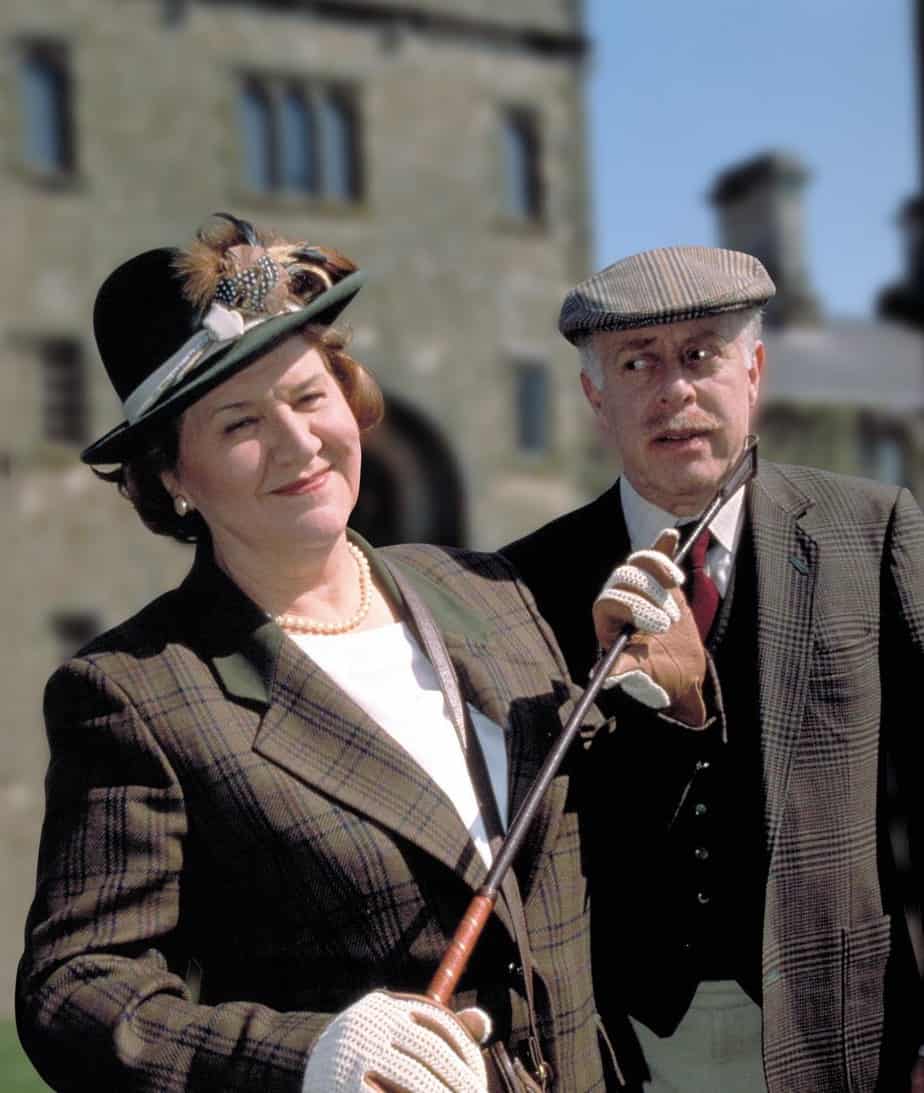
Recently the Woman’s Hour podcast talked about a gendered comedy trope which I’d never really noticed was gendered: the socially aspiring, snobbish female. Hyacinth Bucket is a standout example, along with: Linda Snell from The Archers Audrey fforbes-Hamilton from To The Manor Born Margo from The Good Life (Penelope Keith is especially good at playing […]
-
Deep Holes by Alice Munro Short Story Analysis

“Deep Holes” is a short story by Alice Munro. You can find it in the June 30 2008 edition of The New Yorker. I’m very much reminded of Into The Wild by Jon Krakauer and the real life of Christopher McCandless. But “Deep Holes” is not the story of the son — it’s the story […]
-
The Psychology of Hoarding

How is hoarding treated in fiction, if at all? In her short story “Free Radicals“, Alice Munro portrays a woman working through the recent loss of her husband. First, the way friends react — helpfully and unhelpfully. Funeral arrangements, immediate aftermath. Memories, both painful and beautiful, mixed in together to paint a portrait of a […]
-
Tom Barling Illustrations?
A while back I blogged about Thirteen O’Clock by Enid Blyton, illustrated by Tom Barling. There is remarkably little on the Internet about Tom Barling considering how much work he produced. Perhaps you are knowledgeable about this English illustrator and can tell us whether the following illustrations are indeed by him? We have good reason […]
-
Pet Milk by Stuart Dybek Short Story Analysis

“Pet Milk” by Stuart Dybek first appeared in the August 1984 edition of the New Yorker. Jane Alison writes about “Pet Milk” in her chapter on spirals, in her book Meander, Spiral, Explode. “Pet Milk” is an example of a spiral structure. The structure of this story is part of its symbol web. The first half […]
-
Why Women Love True Crime
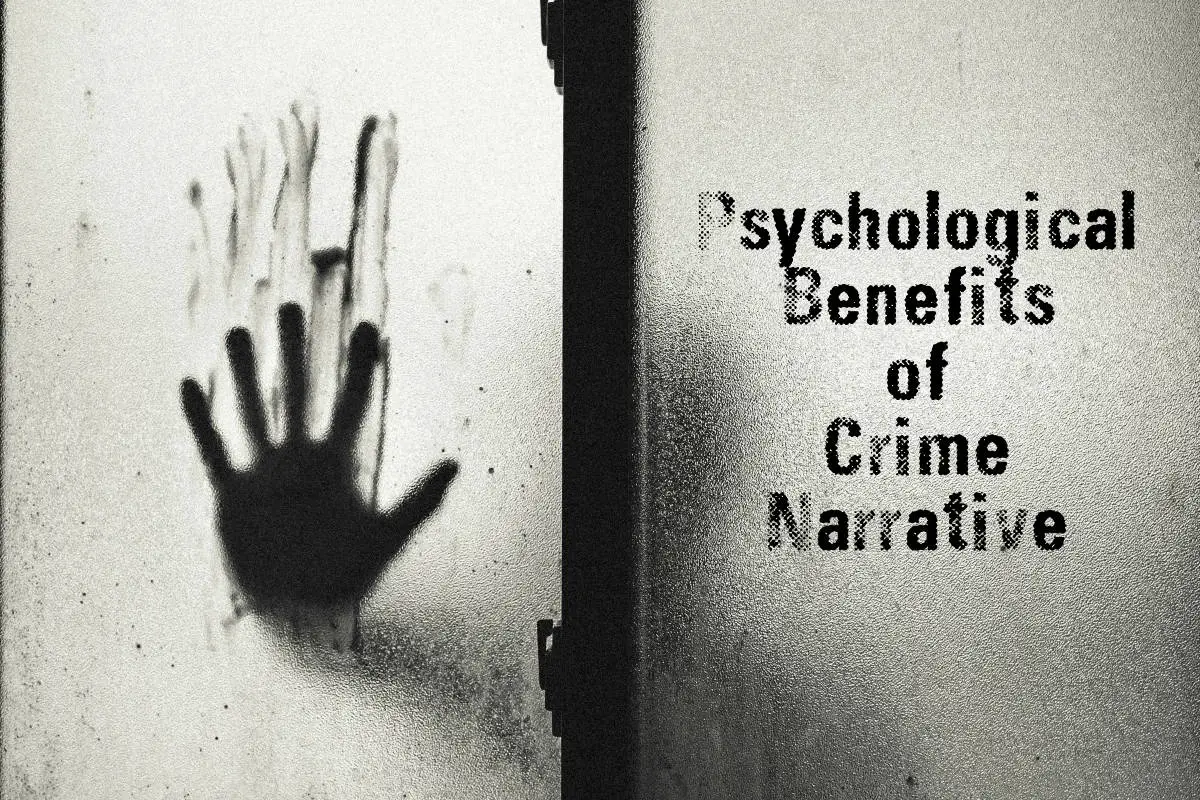
When I was in Form 2 (now called Year 8), our teacher set a transactional writing exercise: Does violent media make a culture more violent? I’d never heard of Rudine Sims Bishop who, five years earlier, in a different hemisphere, had been writing about how story functions as a mirror as well as a window, […]
-
Back For Christmas by John Collier Analysis
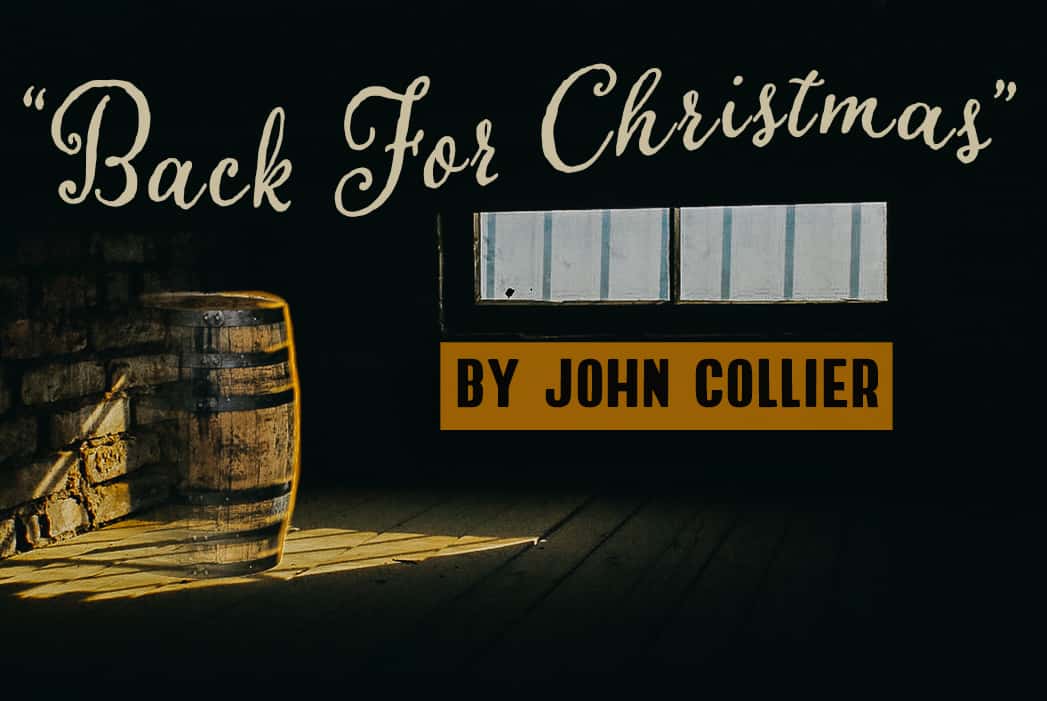
As soon as I read “Back For Christmas” by John Collier (1939) I thought of Roald Dahl. Sure enough, I google both names in a single search and learn that, for Dahl, among many other male writers, Collier is listed as a heavy influence. Credit where credit is due, though: Roald Dahl’s two most famous […]
-
Passion by Alice Munro Short Story Analysis
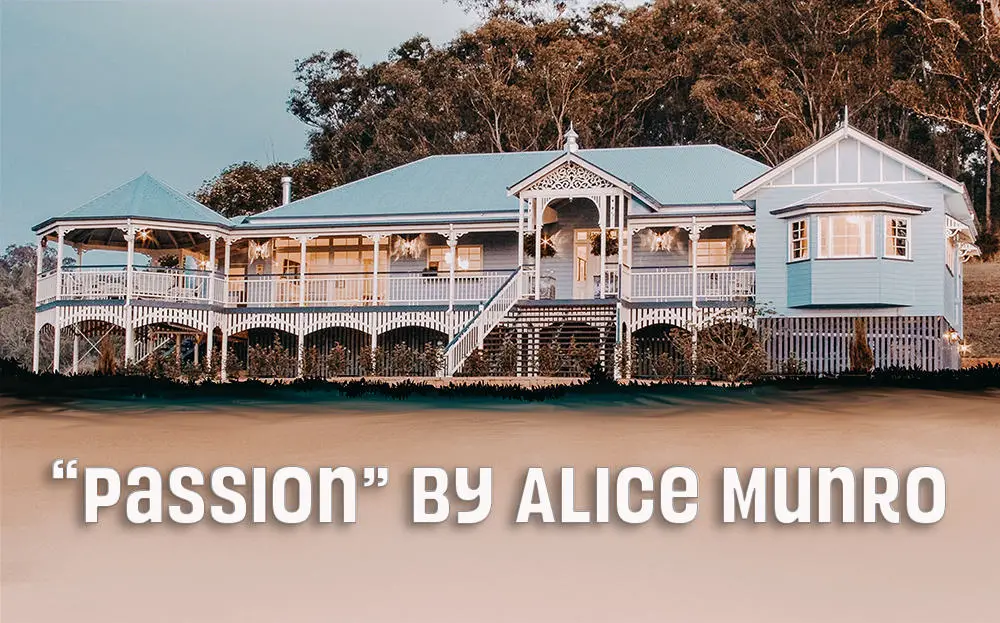
“Passion” is a short story by Alice Munro, published 2004 in The New Yorker. This story has much in common with “What Is Remembered“. An elderly woman looks back to when she was young, in a vulnerable psychological state. In both, the younger woman gets into a car with a ravishing bad-boy doctor, contrasting against […]

